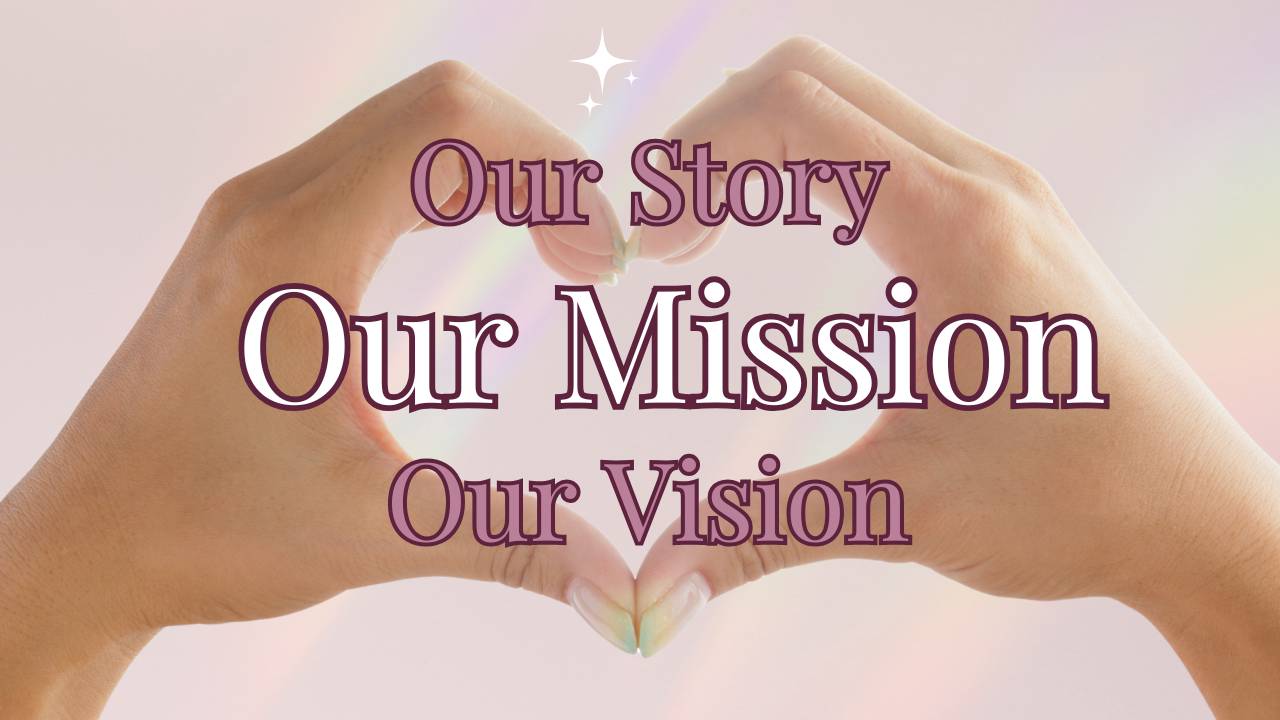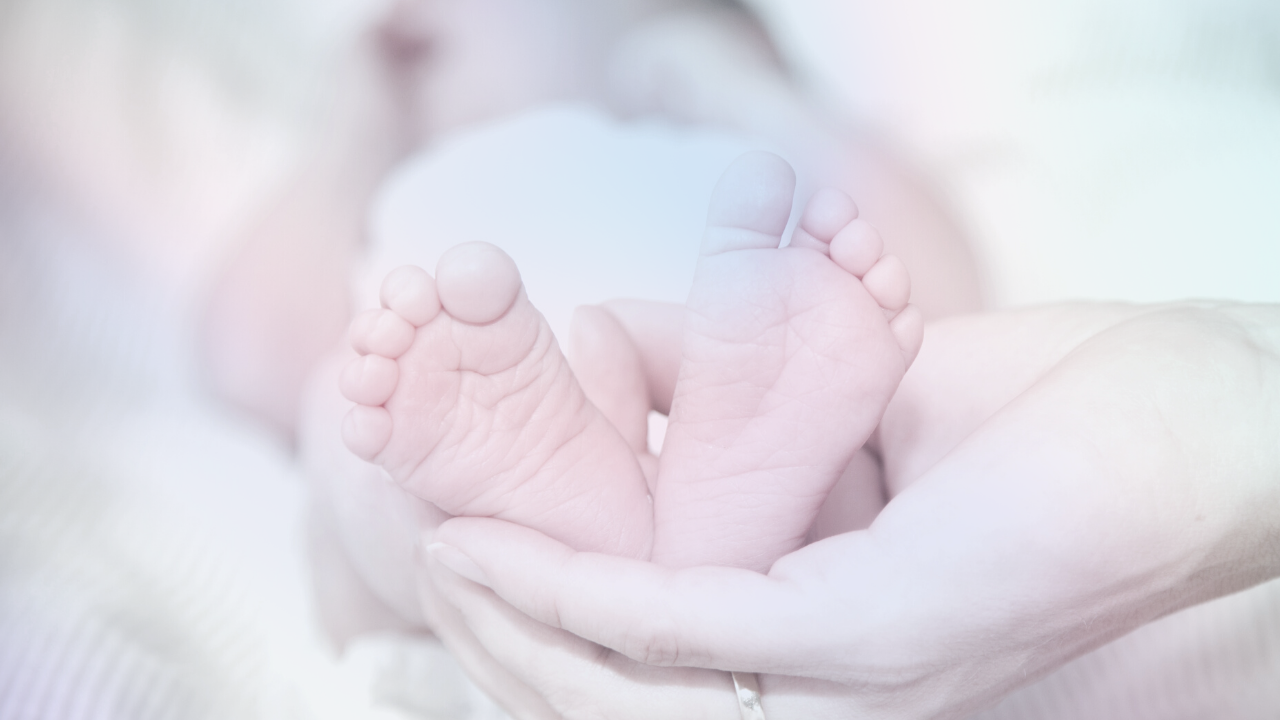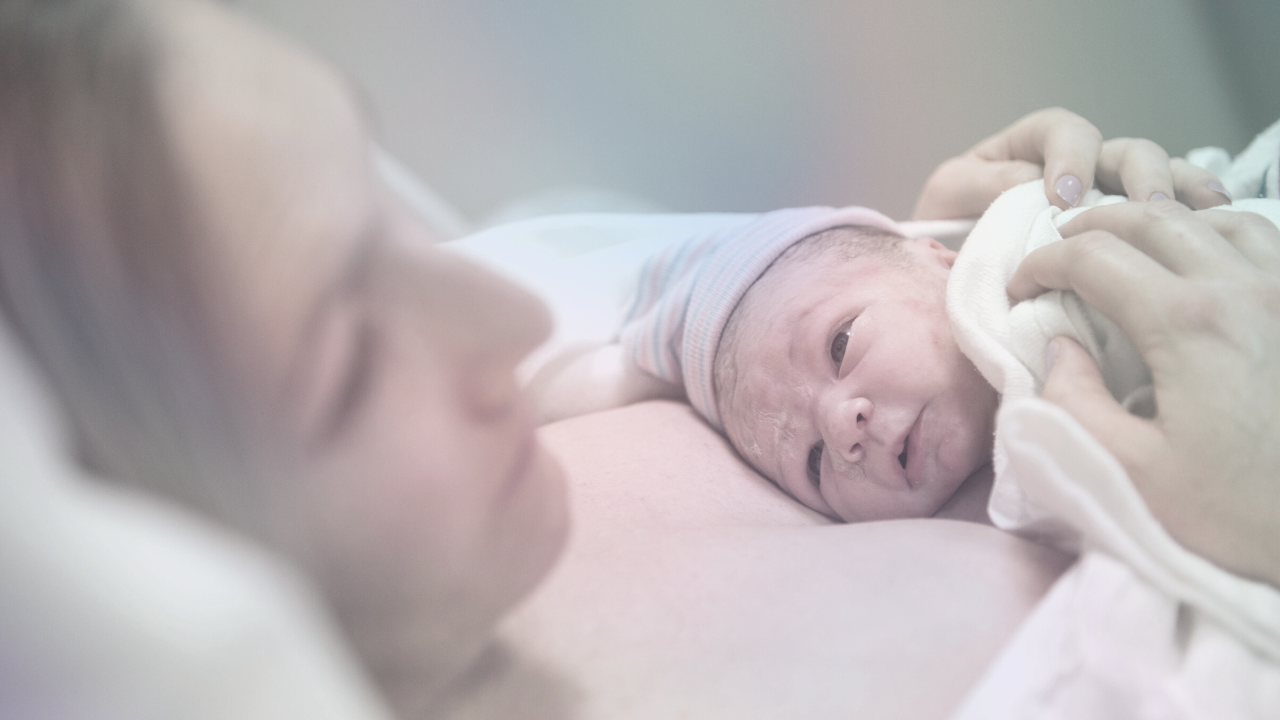The Breastfeeding Backlash on Daytime TV – What It Means for Baby Care Professionals
Jun 23, 2025
Breastfeeding Backlash on TV: Why Judgement-Free Support Matters More Than Ever
A recent episode of a popular daytime television show has reignited a long-standing public debate, one that cuts deep for many mothers and professionals in the baby care space. When a guest labelled extended breastfeeding as “selfish,” it wasn’t just a flippant remark, it was a spark that ignited over 2,000 formal complaints to Ofcom and stirred up a storm of backlash online.
But this goes beyond one woman’s opinion on television. It speaks to a larger issue: the persistent stigma and societal misunderstanding surrounding breastfeeding, particularly when it continues beyond infancy. And it reminds us, as baby care professionals of the vital role we play in upholding a culture of informed, respectful, and judgement-free care.
Why This Matters So Deeply
Breastfeeding is more than a feeding choice. It’s a personal, emotional, and biological decision between a mother and child, one influenced by health recommendations, cultural values, personal goals, and lived experiences.
When media platforms use breastfeeding as a flashpoint for controversy or criticism, it not only misrepresents the facts, it undermines maternal confidence. It tells mothers that nurturing their children in ways supported by science is “wrong,” “weird,” or even “damaging.” That kind of messaging is not only misinformed, it’s dangerous.
As professionals in maternal and infant care, we must actively push back against these harmful narratives. Because when the public undermines mothers, it’s our responsibility to lift them up.
What the Science Actually Says
One of the most misunderstood elements of breastfeeding is how long it’s “supposed” to last.
The World Health Organization (WHO) and UNICEF recommend:
Breastfeeding should continue for up to two years or beyond, alongside appropriate complementary foods, for optimal growth, development, and health.
Extended breastfeeding, sometimes called “toddler feeding” is normal, natural, and nutritionally beneficial. It supports immune function, emotional regulation, and bonding. Yet somehow, public perception often paints it as unnecessary or even inappropriate.
This disconnect between science and social opinion is what causes so many parents to second-guess themselves, or stop breastfeeding earlier than they wanted to.
The Impact of Public Shaming
Media messages matter. Whether it’s a viral clip, a dramatic headline, or a dismissive comment on TV, the power of public platforms to shape belief is profound.
When extended breastfeeding is mocked, sensationalised, or framed as a "problem," here’s what happens:
-
Mothers feel ashamed or isolated.
-
Parents question their choices.
-
Cultural taboos are reinforced.
-
Fewer families reach their feeding goals.
Let’s be clear: No parent should feel ashamed for following international health advice and nurturing their child in the way that works best for them.
What Baby Care Professionals Can Do
We’re not just caregivers or educators, we are advocates. And during moments like these, our voice matters more than ever.
Here’s how to stand strong in support:
1. Stay Informed and Evidence-Based
Know the global recommendations. Know the benefits of extended breastfeeding. Stay up-to-date on lactation science so you can confidently offer facts over fear.
2. Offer Validation and Safe Space
Mothers need to hear: You’re not selfish. You’re not strange. You’re seen. Offer reassurance without judgment, especially when media narratives sow doubt.
3. Help Families Build Resilience Against Criticism
Equip parents with simple, confident language to respond to public judgement if they choose to. Help them own their decisions and silence the shame.
4. Use Your Platform to Educate
Whether you're on Instagram, in a baby group, or teaching a class, use the moment. Public controversies can become powerful teaching opportunities to normalise and educate.
Want to go deeper? Here are some reliable resources to support your learning and client care:
A Final Word
The backlash we witnessed on daytime TV is not new, but it is a call to action. In a world where opinions are broadcast louder than ever, compassion and truth must be louder still.
At The Baby Care Academy, we believe in choice-led, judgement-free, and evidence-based care. That includes standing unapologetically for parents who breastfeed beyond infancy. We are here to empower, not shame. To support, not silence.
Because in the end, what babies and mothers need most is support without strings attached.
Let’s be the voice of confidence and care in a noisy world.
Let’s remind every parent that doing what’s best for their child should never be controversial.
Become a Mum and Baby Wellness
Expert with us.
Find out more information by clicking the link below.




